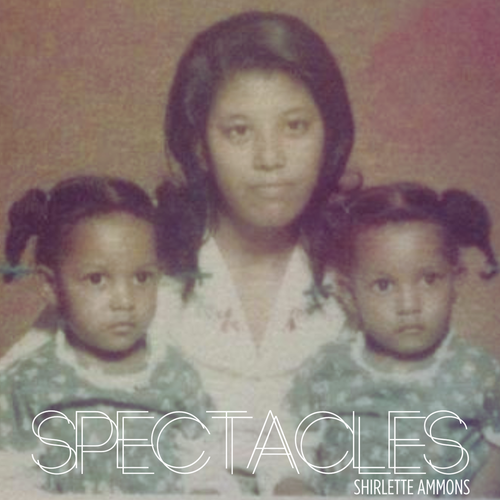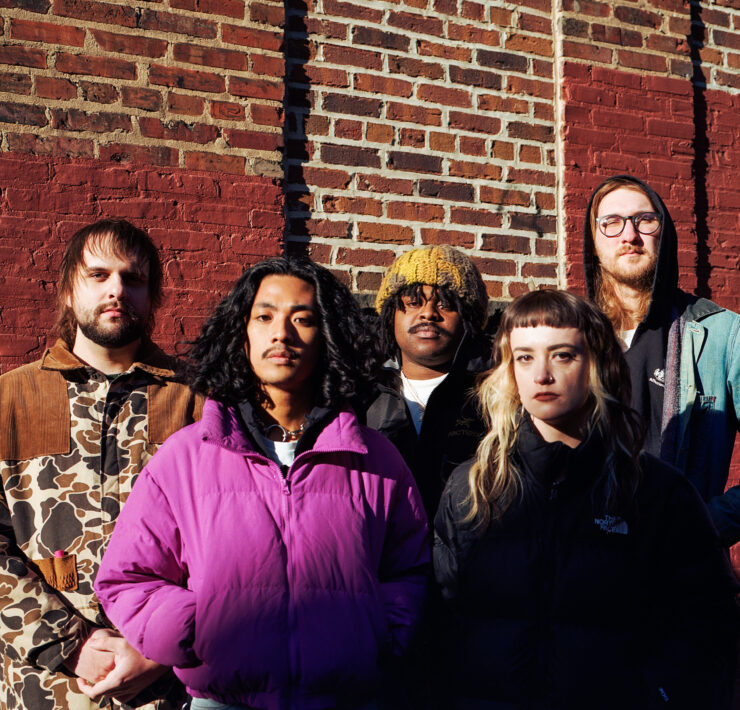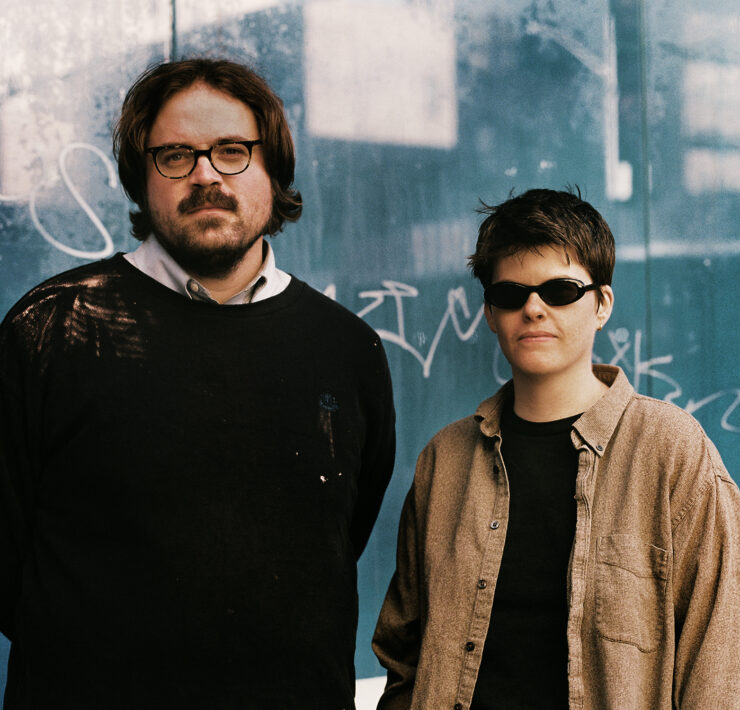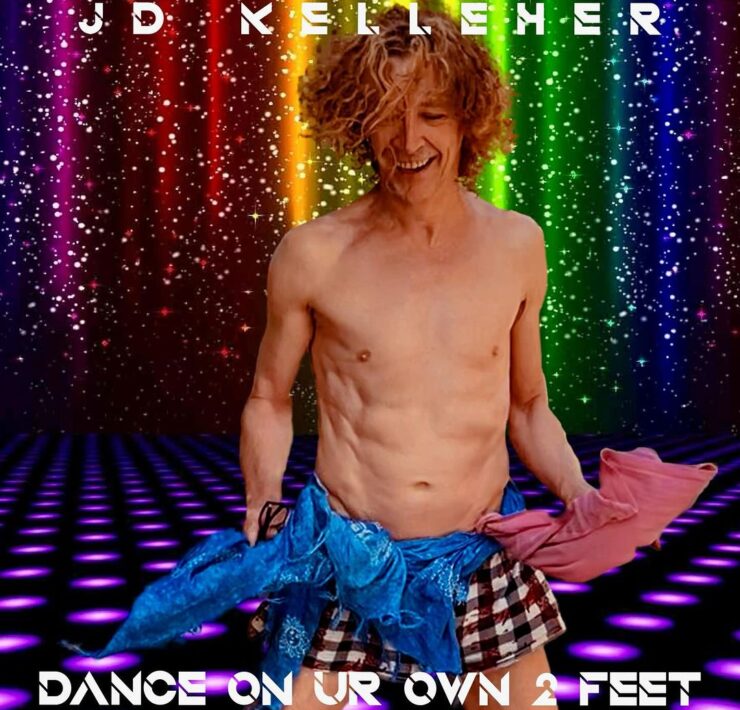Musician, Gay Life Coach, Influential: Brian Falduto

Denny Patterson is a St. Louis-based entertainment and lifestyle journalist…
For Brian Falduto, fame came early. At the precious age of 11, he was cast alongside Jack Black as Billy “Fancy Pants” in the hit film School of Rock and delivered one of the most iconic lines in cinematic history – “You’re tacky and I hate you.” This was his first film, and it made him an icon in the LGBTQ community.
Although Falduto walked away from Hollywood’s neon lights to pursue an education, performing always remained in his blood. Now, he is back in the limelight in a very different way.
Falduto is a singer/songwriter who delivers heartfelt lyrics through infectious melodies. His debut, acoustic EP, Love One Another, was released in 2017 and broke the Top 100 Singer/Songwriter Albums on iTunes within 24 hours. He recently released his first music video for a song called “God Loves Me Too,” and his latest release “Like a Wave” is currently rippling through the digital streaming world.
Additionally, Falduto is also a certified life coach who works with LGBTQ individuals looking to live a more positive and authentic life by teaching them how to love themselves and share their stories.
After answering some questions for OUT FRONT, it is no wonder PrideLife Magazine named him as one of the “20 most influential, outspoken, and optimistic individuals on the planet.” Hi, Brian! Thank you so much for taking the time to chat with me. When we last spoke in 2017, you just released your debut EP Love One Another. How is your music career going?
Hi, Brian! Thank you so much for taking the time to chat with me. When we last spoke in 2017, you just released your debut EP Love One Another. How is your music career going?
It’s going better, I think [laughs]. Love One Another was, you know, my debut EP that I created in my bedroom, which I am so proud of because it was my first-time kind of owning the things I have to say, the music I made and putting it out there unfiltered. I am much more grateful to have fully produced tracks and music videos coming out, so there has been some clear progress which I am so grateful for. At the same time, I think the storytelling aspect of what I do hasn’t changed much from that EP to now. It’s all similar.
What kind of impact do you hope your music is making?
Well, I guess that depends on the song. I kind of make my songs just tell stories, and I hope that the story that I am telling, if it is true for me, then it will likely resonate with someone else. So, I really just try to create connection over that. I don’t know if I ever foresee like a huge impact other than maybe helping other people feel heard and validated through an experience that I’ve had that I am putting into a song.
When they hear that, that’s like validating a similar situation that they’ve had. I think we have all heard that song before where it comes on the radio and you’re like, oh my God, this is my life. So, just creating that connection in that sense. Last month, I released my first ever music video for a song called “God Loves Me Too” which is about my experience growing up in church as a gay man. I would say there is a slight agenda there and I am hoping to promote a clear message to queer youth of faith that they don’t need to do anything earn love and acceptance. They just have to exist, essentially.
Related article: Emerging Into the Spotlight and Giving us Life- Teraj
How has “God Loves Me Too” been received?
From the get go, “God Loves Me Too” has been a fun project because people seemed to be on board. I have self-started a lot of projects, and they typically get met with mediocre enthusiasm. It can be difficult to ripe people into being passionate about something you’re passionate about, sometimes. However, with this, people signed on right away and was kind of my inkling that I was onto something. I don’t think they signed on just because it’s a good song, but I think it’s the message that resonates with people. They wanted to help spread this message of unconditional love. So, within a few months of me conceptualizing and song and accompanying the music video, I had funding, a producer, a director, a DP, an engineer, my band and over 80 actor friends signed on to make this happen. Many of whom were involved completely free of charge and just because they cared about the project.
When the video was done, I then had the pleasure of gathering support from various LGBTQ religious organizations and advocates. That was a lot of fun too because I discovered this whole world of people working hard to spread this message and who were eager to include my project in that movement. Since the release, I have been very content with the reception of the video. It is all about that one message you get from that one kid who needed it, you know? I think there are a lot of important messages right now, and “God Loves Me Too” is finding its place amongst all of it.
Now, you are a certified gay life coach. What made you want to pursue this path and help people?
Yes! I got certified and now I run my own coaching business. Basically, the EP was my third time kind of like finding my own voice and putting it out there, and from that moment on, I opened up this can of worms which was all these feelings and this connection with myself that I had been so disassociated from for a long time prior to the EP. So, music helped me open up all these feelings, get connected and form a better relationship with myself, but there was still a lot to sort through because I had never done that before. So, I became really curious about how one develops a good relationship with themselves because I didn’t feel like I had that. It was always this toxic relationship because of all the years I’ve spent in the closet. So, I just kind of made that my passion to find out what one has to go through to heal, essentially. I got so excited about it that I got certified as someone who can help other people do that. That’s kind of my goal now. To work with people so that they can improve that relationship with themselves.  I imagine many people have been coming to you asking how to cope with the COVID-19 pandemic. What advice have you been offering?
I imagine many people have been coming to you asking how to cope with the COVID-19 pandemic. What advice have you been offering?
Luckily or unluckily, I suffer from chronic anxiety, so I relate with a lot of the anxiety people are currently experiencing. It’s a different perspective from day to day, so I have been sharing a lot of tips and tricks for meeting people where they’re at in that panicked place and creating faith for it and perhaps replacing some of those things that are giving them panic with things that might make them feel more peaceful, calm or positive. It’s hard to give a one Band-Aid fits all kind of thing. It’s more where I just really have to listen to where they are at and try to discover what the solution is for them in that moment. That honestly changes from person to person based on where they are at.
What are some other most asked or sought out questions you receive?
Something that comes up a lot is anxiety, but with my coaching work, I primarily work with LGBTQ men in their 20s who are trying to overcome the shame they grew up with and live full, confident, happy lives. A lot of the work that I do is questioning narratives that aren’t serving people. Such as “I have to prove myself” or “I don’t deserve he things that I want. You know, the things that stick in your mind after years of telling yourself that because of what’s going on around you. Those things kind of have to be dug out of the conscience and replaced with more mindful things that serves you better. So, my goal is to work with people to kind of restock the toolbox of how they go about things.
You even started a podcast called The Gay Life Coach. Can you tell us more about that?
Yes! We have a couple episodes out, but the point of the podcast is to talk with other storytellers about how they kind of unlock their truth and start to share it. It gives an insight into the coaching that I do. The goal is to illustrate that it is possible to unlock that truth and share it and here’s how you do it.
Why is it so important for you to encourage people to love themselves and share their stories?
Our stories are us. I think that storytelling is the best way to learn because if someone can really own their story and share it, that’s how we connect to them. Much like in a song. Often, people can’t tell their story as authentically as they would like to because they are telling themselves something about their story that is getting in the way of putting their story out into the world. They have this thing that is preventing them from sharing their story and being the author of their own story. When I say share your story, I don’t mean everyone should go write a novel. I think just the way you carry yourself in a grocery store could be really truthful to who you are. If you are carrying yourself in this unfiltered, authentic manner, and the more we can unlock that, the more we can give people permission to be themselves. When they give themselves permission to be themselves, they give the people around them permission to be themselves.
Related article: Travis Demetri Brings That Bronx Attitude
Would you say this a is key to truly finding happiness?
I think your relationship with yourself is one of the largest proponents of finding happiness.
Is this how you found happiness? You have talked in the past about how your thought happiness was never going to be an option for you.
Yes. Contentment has become optional for me at all times through my mindfulness training. That doesn’t mean that I don’t have tough days or get sad. That’s not really the point of the work here. Everyone is still going to like fail and struggle, but what you do with it, that’s different. Things just become a little more optional. The problems don’t consume you anymore. The goal of the coaching is to make it so that people can take a problem from consuming them and instead, hold the problem in their hand and look at it with perspective and not let it overcome them. Instead, choose contentment in that moment.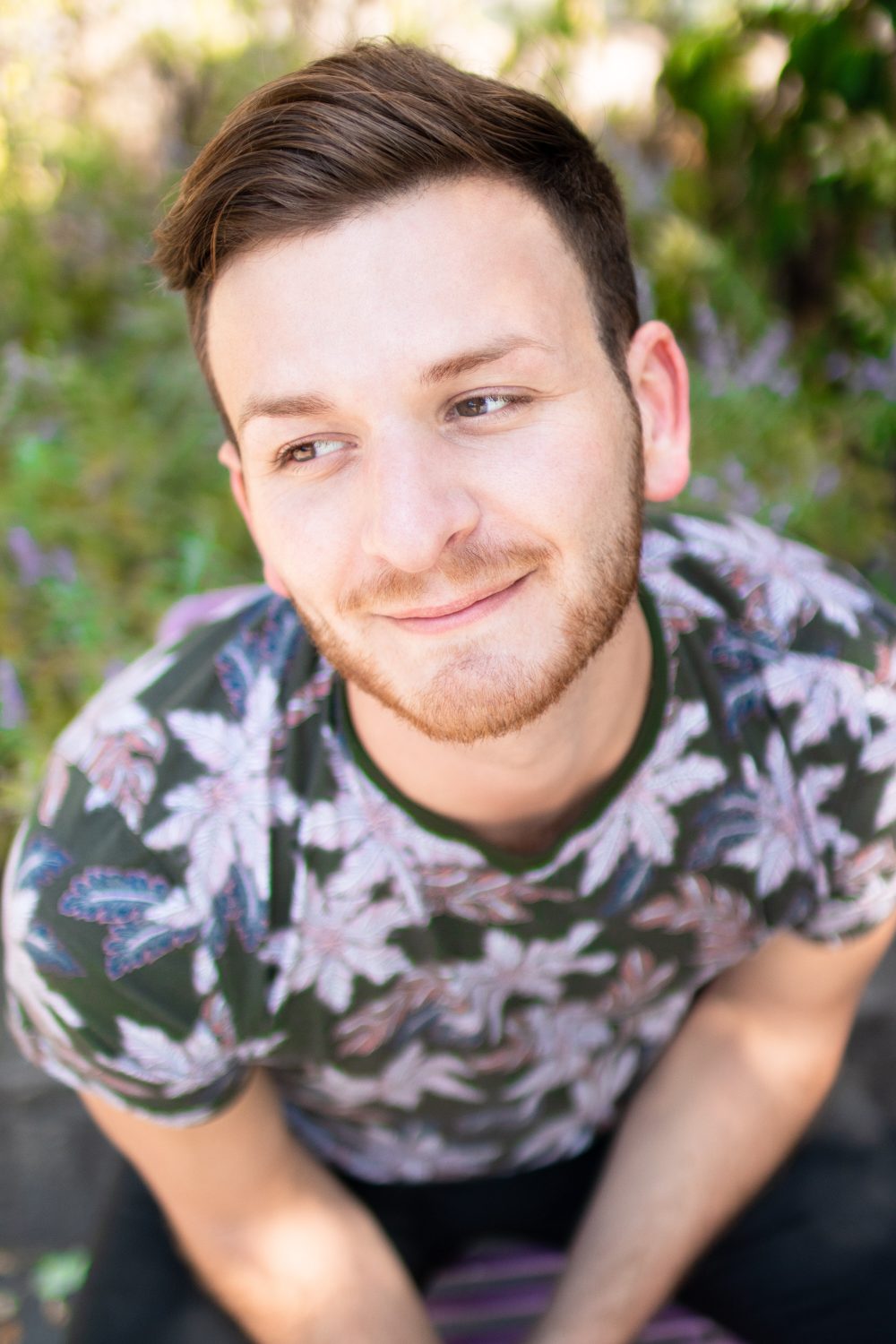 You became a figure head for the LGBTQ community after playing the gay kid, Billy “Fancy Pants,” in School of Rock, but have talked about wanting to escape that image. How come?
You became a figure head for the LGBTQ community after playing the gay kid, Billy “Fancy Pants,” in School of Rock, but have talked about wanting to escape that image. How come?
That’s not really the case anymore. I mean, I did want to escape it for a long time. I was young, in fifth grade when that came out, so it was 2003 and I was one of only a handful of LGBTQ referencing items at age 11, and that was a lot of pressure to deal with. So, I kind of ran from that. I am discovering now that I have the ability to kind of make up for all that lost time. I think that people my age who are like me, gay, when they saw the film, they recognized themselves in me on screen. In my character. I missed an opportunity to connect with people because of that. So, now, if people want to talk about School of Rock, I am so happy to because I know that it is bigger than the burden that I thought at age 11. It was a sign of hope for a lot of queer youth who up until then hadn’t seen a flamboyant, diva, sassy kid on screen.
So, you have no regrets about playing Billy?
Oh, absolutely not. I am so grateful for that experience and for all the trauma and all the healing it has brought me, and the people I connected with.
School of Rock came out 17 years ago. How is the film still making an impact on people and pop culture?
I think the Broadway musical is a great example of it. It’s still having an impact. There are so many kids who picked up an instrument because of that movie, which is cool enough, in and of itself. I think it’s just a feel-good movie where people are basically sticking it to the man and being who they are. It has an important message people latched onto.
Do you actually have a pair of fancy pants?
[Laughs] Well, I am wearing gold pants in my music video, so that’s exciting.
Related article: Revry’s Bingeworthy ‘Putting On’ is Bringing Skivvies to the Screen
Have you done much acting since School of Rock?
I do the occasional project. I recently wrapped a web series called Fishing, which should be out soon. I don’t pursue it as often as music because there are less chances to tell my own story or create my own opportunities. With acting, I always felt like I was waiting for someone to offer me a role. With music, I can create songs and share them whenever and however I want to. Obviously, that can be done with acting as well if you are a writer or creator in that field, but I have tried screenwriting and it didn’t bring me much joy. Music is really the thing that tends to fuel my artistic freedom. What’s funny is, I have been working on and studying my craft for, I don’t know, 10 plus years now, and I finally feel comfortable calling myself a talented actor, and I’m not doing much to showcase that. But, at the end of the day, I am just one human, and sometimes, I have to pick and choose where I place my time, money and energy.
What’s next? Any other upcoming projects we should be on the lookout for?
I am so excited about this music video right now, and it is taking up a lot of my headspace. I have never held something so beautiful and important in my pocket, so I am excited to share it with people and see where it takes me. I wrote a bunch while I was in Nashville, so I will probably get another album together after this. I just want to continue to be part of the conversation. I just want to be present and open to whatever comes.
To stay up to date with Falduto, follow him on social media or visit brianfalduto.com.
Photos Courtesy of Dallas Riley
What's Your Reaction?
Denny Patterson is a St. Louis-based entertainment and lifestyle journalist who serves as OFM's Celebrity Correspondent. Outside of writing, some of his interests include traveling, binge watching TV shows and movies, reading (books and people!), and spending time with his husband and pets. Denny is also the Senior Lifestyle Writer for South Florida's OutClique Magazine and a contributing writer for Instinct Magazine. Connect with him on Instagram: @dennyp777.



